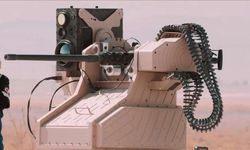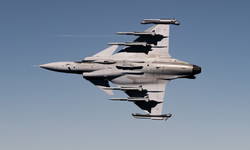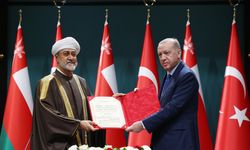New Zealand announced on Thursday it will allocate NZ$2.7 billion ($1.6 billion) to purchase five MH-60R Seahawk helicopters and two Airbus A321XLR aircraft, marking the first major investment under its plan to replace the country’s aging defence fleet.
According to Defence Minister Judith Collins and Foreign Minister Winston Peters, NZ$2 billion will fund the acquisition of the maritime helicopters, produced by Lockheed Martin’s Sikorsky unit, while NZ$700 million will go toward the Airbus aircraft. Both procurements are part of the government’s Defence Capability Plan outlined in April.
Earlier this year, New Zealand pledged to increase defence spending by NZ$9 billion over four years, with the goal of nearly doubling spending to 2% of GDP within the next eight years.
Collins said the government would proceed with the helicopter acquisition through the United States’ Foreign Military Sales programme instead of opening a wider tender process, with the cabinet expected to review the final business case in 2026.
The two Airbus A321XLRs, intended to replace the New Zealand Defence Force’s aging Boeing 757s, will be acquired under a six-year lease-to-buy arrangement. The two 757s, in service for more than 30 years, have become increasingly unreliable, with multiple breakdowns that have on occasion forced government officials to use commercial flights.
“This decision will ensure New Zealand has a critical combat capable, interoperable and dependable fleet,” Collins said.
Peters added that the government’s investment decisions reflected a response to global conditions. “The sharply deteriorating security environment requires us to invest in national security to safeguard our economic prosperity,” he said.
The announcement coincided with the release of an intelligence report stating New Zealand is facing its most serious national security challenges in recent decades, with growing risks of foreign interference and espionage, particularly from China.









